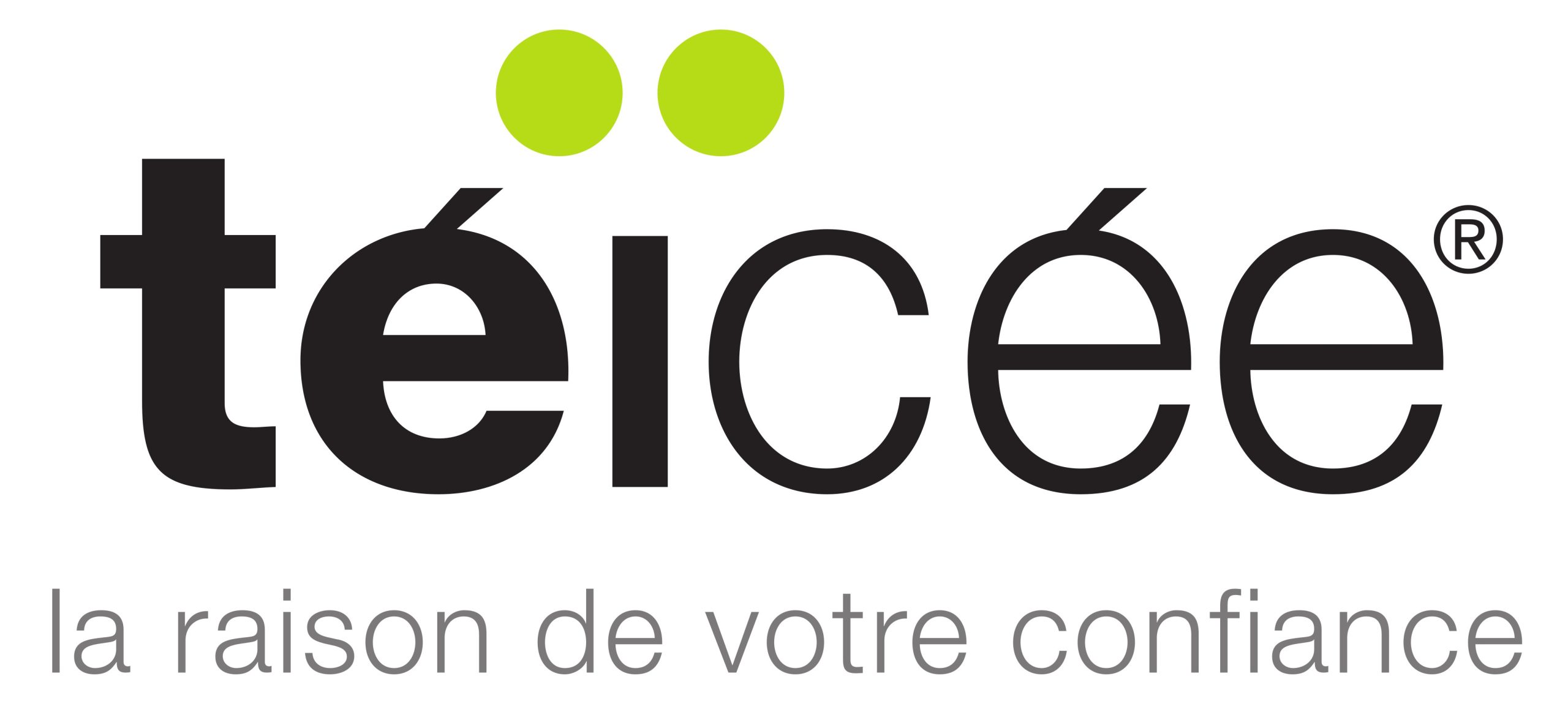According to an INSEE study, 17% of the French population have no access to the Internet or do not know how to use digital tools. What is known today as ‘illectronisme’ is a form of illiteracy that affects the most vulnerable sections of the population, whose isolation and disability increase as the inevitable digital transformation of services and administrative procedures progresses. EPNs are specifically designed to reduce this digital divide.
EPNs are places where people can exchange and share information about computers, and they aim to break the isolation of people who do not have computer equipment or the basic computer skills needed to use a computer or surf the Internet. With this in mind, the EPN is a concept that not only makes computer equipment available, but also puts forward a facilitator to manage and train EPN users. Since its inception, this concept has opened up to a wide range of training courses, from introduction to the Internet and office automation to programming and the use of 3D printers, but its main objective is to reduce the digital divide.
However, it is important not to forget that these spaces, located in public establishments such as town halls, media libraries and annexes, are Internet service providers in their own right, and are therefore subject to the same legal obligations as any other organisation offering a connection to the Internet. As such, EPNs are obliged to take the necessary filtering measures to protect at-risk populations from prohibited or dangerous content. It is precisely with this in mind that the Normandy Region at the time, asked téïcée to equip EPNs with a filtering solution.
To filter sites and content, the first option is to install filtering software on each workstation, with all the complications involved in taking account of all the operating systems and their different versions, and all the problems involved in installing this filtering software on private hardware. It's a complicated solution to put in place, and costly in terms of time and development.
Another possibility is to interconnect a filtering box between the modem and the switch to which the computer workstations, including private equipment, are connected. This simple, effective solution, known as the tic'nCube, has obviously been adopted, as it does not require any special IT skills to install in EPNs. To complete this filtering system téïcée has also developed an administration interface that enables users to be managed, an account to be created, different filtering profiles to be defined and statistics to be compiled.
The Normandy Region took the decision several months ago to stop subsidising EPNs. The service will officially end on 30 June 2023. Partner of the Normandy Region since the start of the project, téïcée naturally decided to offer a similar service to interested EPNs. For the occasion, téïcée proceeded to a complete overhaul of its tic'nCube solution by equipping it with new, more powerful hardware and developing new software. A new box, improved throughput and the same advantages: a lightweight device that's easy to install, simple to use and whose personal data is stored securely on tic'nCube servers. téïcée. As of 1 June 2023, the https://www.epn-normandie.org platform will be available to meet the needs of EPNs in Normandy.



